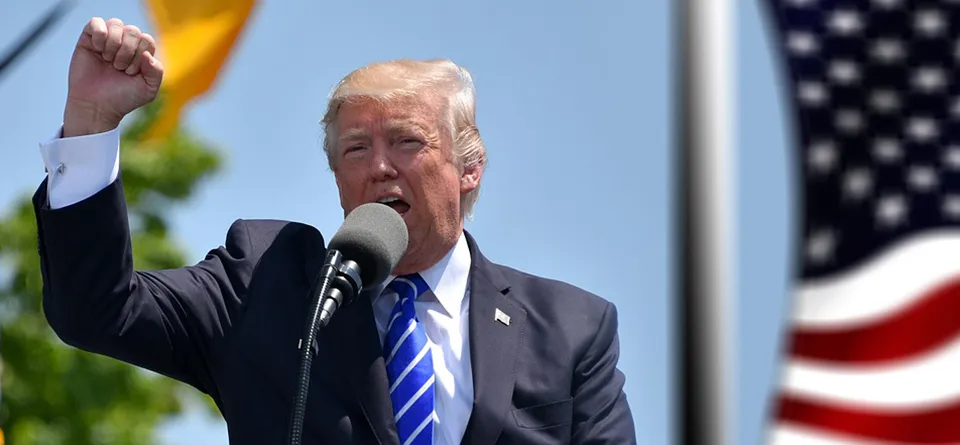Not so long ago, sports finance was an unprofitable and niche business for private bankers. If a man – and they were always men – with bags of money wanted to buy his local football or baseball team, he might turn to a trusted financial institution in search of funding.
Or he might simply buy it outright, given how little even major sports franchises once cost. In 1985, a syndicate led by sports magnate Jerry Reinsdorf paid just $16 million for the Chicago Bulls, a chronically underperforming basketball team that had nonetheless just drafted one of the greatest athletes of all time, Michael Jordan.
Thanks for your interest in Euromoney!
To unlock this article:




